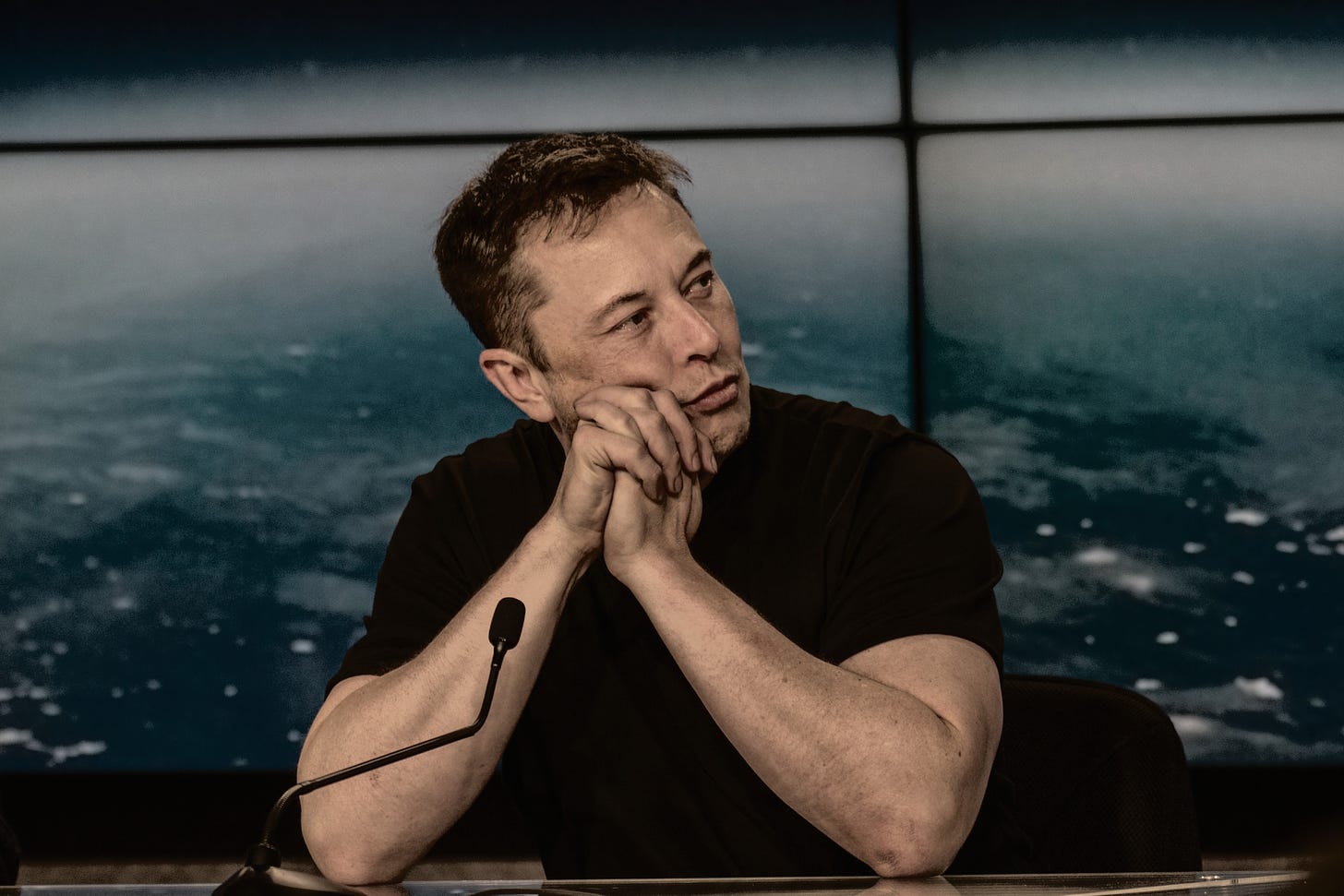What Elon Musk Should Know About Twitter
It isn't moderators who pose the most intransigent barrier to free speech--it's the users
Today’s story comes right out of the HBO series Billions: crazy-ass billionaire drops a chunk of his fortune on a culturally important object that seldom turns a profit so that he can weigh in on the culture. Also, htere’s lots of good stuff below the story today, so, please

Keep reading with a 7-day free trial
Subscribe to Political Junkie to keep reading this post and get 7 days of free access to the full post archives.



